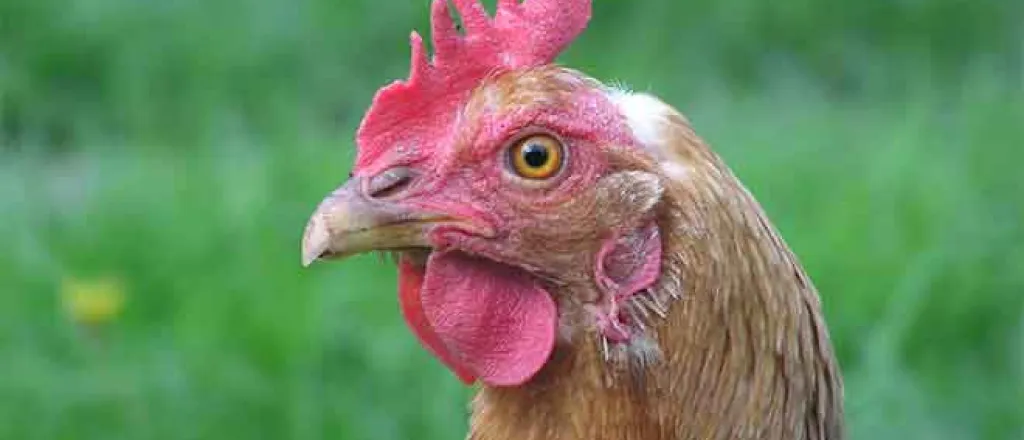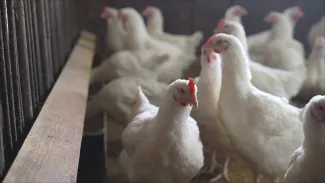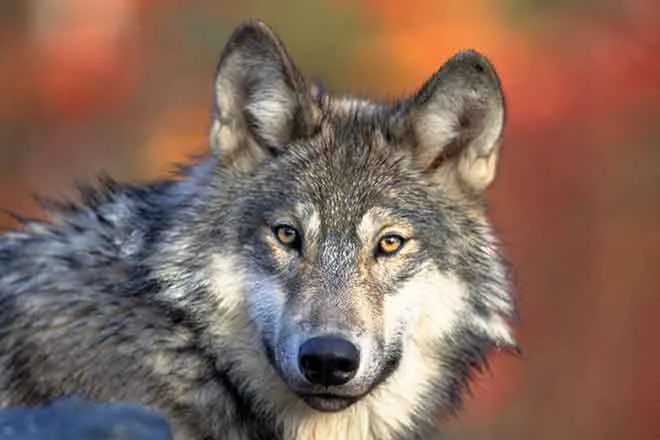
Officials monitor latest Arkansas bird flu outbreak
Click play to listen to this article.
The U.S. Department of Agriculture is investigating a bird flu outbreak at an Arkansas broiler operation in Clay County as well as in some backyard flocks across the state.
According to the Animal and Plant Health Inspection Service, close to 230,000 birds have been exposed to the HPAI virus.

© Ruslan Sidorov - iStock-1197330374
Jada Thompson, associate professor of agricultural economics and agribusiness at the University of Arkansas, said conditions in poultry facilities contribute to the spread of the illness.
"The breeding systems prolong the cost of the disease outbreak and prolongs the replenishment of that system," Thompson explained. "When we start talking about the disease outbreak, it's not even just the direct impact and the biological lag to replenishment, but it's also the multiplicative impact in terms of further upstream on that system."
Since December, birds have tested positive in seven counties across Arkansas including Sharp, Craighead and Lafayette.
As bird flu cases increase across the country, consumers are seeing higher prices at grocery stores. Thompson said the outbreaks also create financial strains for the agriculture industry, forcing companies to adjust their business practices in some cases.
"These practices have to go into place and those are additional costs," Thompson pointed out. "There's additional costs for the monitoring and surveillance, for the cleaning and disinfections. There's additional costs for the testing, and that's going to be to the producer, to the integrator, to the government officials to the testing labs."
The outbreak is being monitored by the Arkansas Department of Agriculture, Game and Fish Commission and the Arkansas Department of Public Health.
















